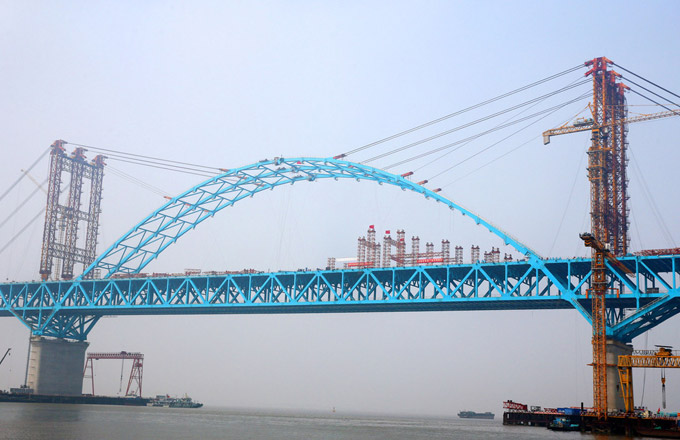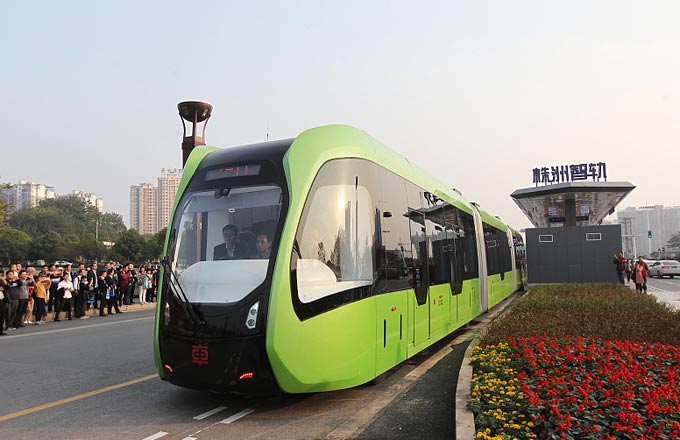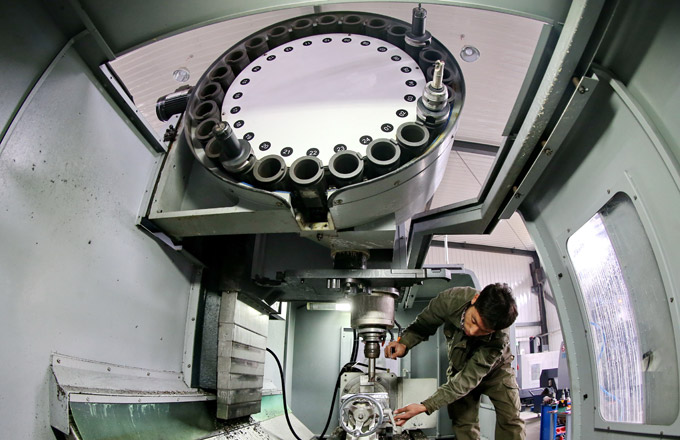Naval technology to ride wave of global leadership, top engineer says
|
 |
|
Wu Xiaoguang, delegate to the 19th National Congress of the Communist Party of China and the chief designer of China's first domestic aircraft carrier, meets the press in the Great Hall of the People in Beijing October 24, 2017.?[Photo/Xinhua] |
Chinese naval shipbuilding technology will leap into the global front ranks in the near future, a senior naval engineer said on Tuesday.
Naval ships, such as aircraft carriers, are considered "instruments of national significance, and China has achieved great development in naval shipbuilding since 2012,"said Wu Xiaoguang, the chief designer of China's first domestic aircraft carrier.
"An aircraft carrier is the crown jewel of military engineering, it is extremely complex and intricately designed,"he told reporters on the sidelines of the 19th National Congress of the Communist Party of China.
"Everything on the carrier, down to every special metal plating, electronics, equipment, as well as planes, missiles, and sea mines are all products of Chinese ingenuity,"he said.
On April 26, China launched its first domestically developed aircraft carrier in Dalian, Northeast China's Liaoning province. On June 28, China launched its Type 055 class large guided-missile destroyer, one of China's newest and most advanced warships.
"China is fully capable of producing mid-to-large size aircraft carriers and large size destroyers,"he added.
China is a major maritime nation, with 80 percent of all goods transported via sea, Wu said. At the same time, China is the world's largest trading nation, with huge migration of workers and tourists.
As the Belt and Road Initiative progresses, China's overseas investment and workers will increase dramatically, "they will need protection from naval ships", he said.
China did not have an overseas logistic facility until its Djibouti base opened in August. All of the previous naval training, as well as peacekeeping and escort missions required sailors and ships to sail for months without logistical support, he said.
"But our navy has always completed their missions with flying colors,"he said. "In a way, this shows our technical achievements and progress."
In recent years, China has been constantly dishing out new vessels because "many of our ships are outdated or passed their service years,"he said. Still, Wu is hopeful that his teams, which have an average age of 37, will continue to contribute to China's growing naval capability.
"In the near future, I am confident that our shipbuilding technology will leap into the front ranks of the world,"he said.


























